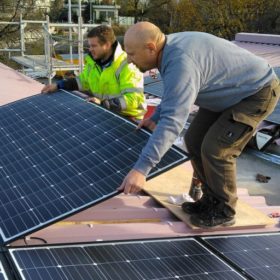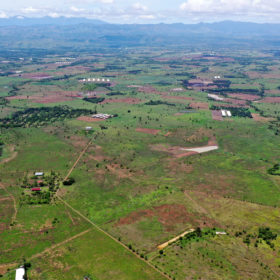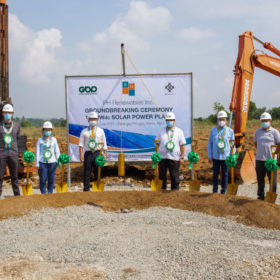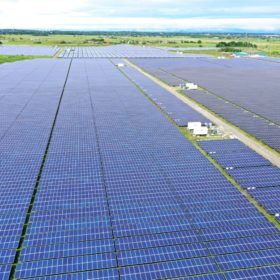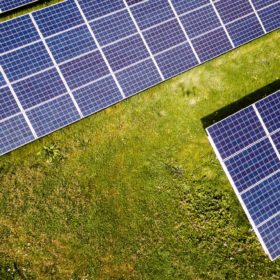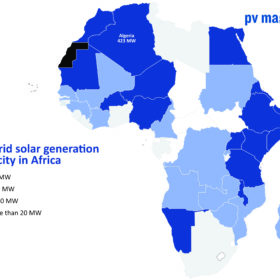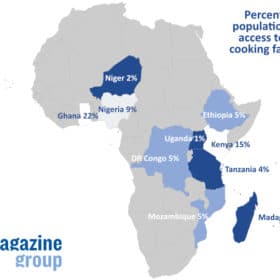Solar job numbers kept on rising in 2020
The latest edition of a clean power jobs survey produced by IRENA and the International Labour Organization has stressed the important role which will need to be played by the public sector if the energy transition’s employment benefits are to be shared equally.
Philippines developer offers PV sites to rivals in bid to kick-start solar parks
Makati-based Solar Philippines has said it saw the potential of solar six years and is now aiming to help other companies accelerate the nation’s energy transition.
Bringing water to 273 farmers with just 90 kW of solar pumps
Two solar water pumps installed by the Philippines’ National Irrigation Administration (NIA) will cover a total area of more than 500 hectares.
Work begins on 115 MW solar park in the Philippines
PH Renewables, Inc. (PHRI), a subsidiary of Global Business Power Corporation (GBP), which is itself part of the Philippines power utility Manila Electric Company (Meralco), has begun construction on a 115 MW solar park in Rizal, Luzon.
63 MW solar project completed in Philippines as part of 5 GW renewables plan
A 63 MWp solar project has been completed in the Philippines by Modern Energy Management (MEM) for AC Energy. The Gigasol project is part of the latter’s plan to roll out 5 GW of renewable energy capacity by 2025.
New renewables cheaper than legacy coal or gas for almost half the world’s population
Electricity bill payers in nations as diverse as Germany, Greece, India and China should be aware new solar projects can now generate electricity cheaper for them than legacy coal and gas-fired plants.
Solar Philippines moves forward with 500 MW solar park
Solar Philippines is currently seeking off-takers for a project that could also sell power on the spot market. The project is part of a 1 GW pipeline that the company announced in December.
Rockefeller and Ikea foundations pledge $1bn for small scale renewables
With ‘shovel-ready’ projects across India, Africa and Latin America in line for a mix of grants, cheap loans, equity investment and financial guarantees from this year, the two bodies hope to trigger $20 billion in total funding and bring reliable power to a billion people.
Carbon neutrality and solar’s role in ASEAN nations
The Paris Agreement has been signed by all ASEAN nations and almost all members have declared a carbon emissions reduction target. The diversity in ASEAN’s readiness for energy transition is reflected in the wide-ranging nationally determined contribution targets set for reducing greenhouse gases. An immediate quick win for the renewable energy transition is the harnessing of solar power from an abundance of resources in the region.
Universal electricity access by 2030 remains a distant dream
Energy efficiency, electrification of heating and transport, and the provision of clean cooking facilities are all going in the wrong direction as the Covid crisis deprived millions in sub-Saharan Africa of electricity use, according to a report by the IEA, IRENA, WHO, World Bank and UN Statistics Division.
